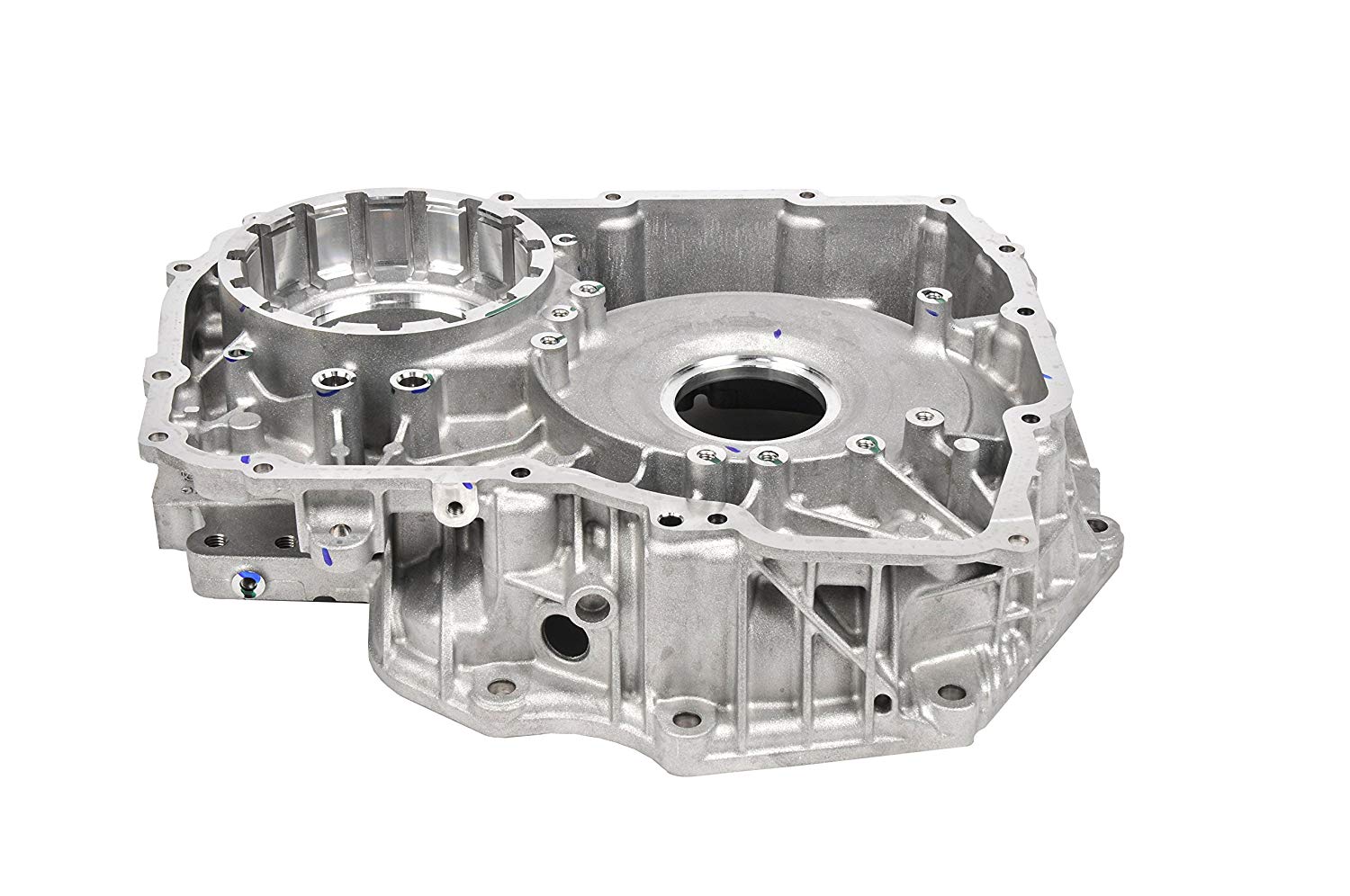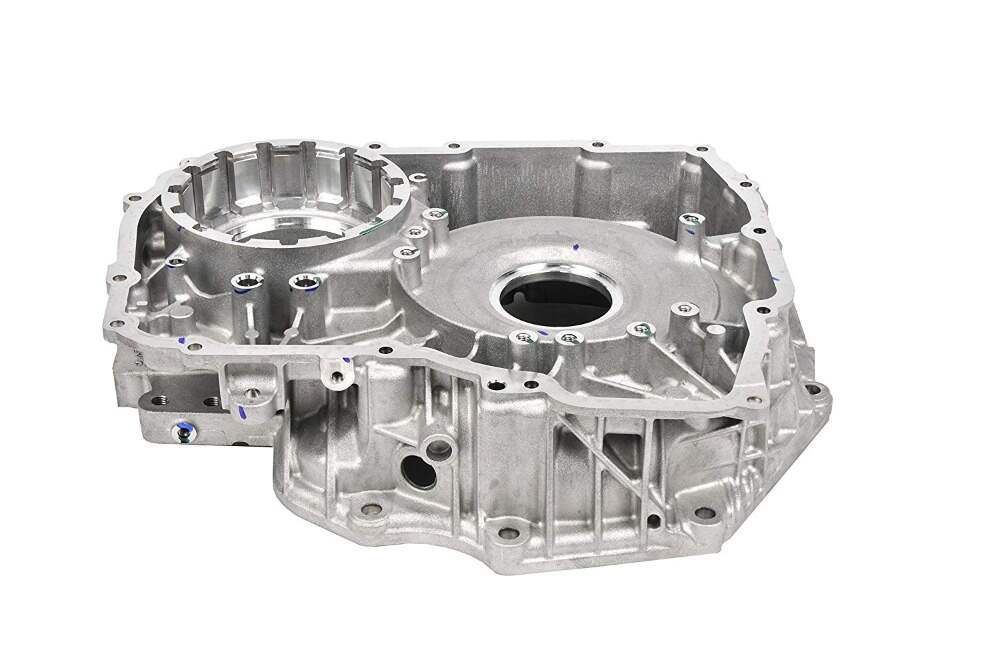Language
Currency


Aluminum die casting housing is fundamental to a wide range of industries, from automotive to electronics and beyond. Its structural integrity, thermal conductivity, and resistance to corrosion make it an ideal engineering solution for high-performance products. In this article, we will review the technical aspects of aluminum die casting housing, discuss its advantages, and explore how manufacturers are continually improving precision and consistency.

Aluminum alloys used in die casting typically feature a balanced combination of strength, lightweight properties, and resistances to temperature fluctuations. These properties ensure that complex and intricate components can be produced reliably and cost-effectively. Additionally, the lightweight nature of aluminum aids in reducing overall product weight, enhancing fuel efficiency in automotive applications and improving overall performance in electronic enclosures.
Die casting is renowned for its rapid production rate, ability to hold tight tolerances, and repeatable accuracy. It is particularly advantageous for mass production where consistency is paramount. By injecting molten aluminum into steel molds under high pressure, intricate shapes can be formed without costly secondary machining. This efficiency translates into lower production costs and faster time to market—key factors in highly competitive industries.
One of aluminum’s most beneficial properties is its excellent thermal conductivity. For applications such as electronic housings and LED lighting enclosures, effective heat dissipation is crucial. An aluminum die casting housing can help disperse heat quickly, preventing damage to sensitive internal components and improving overall product longevity. This reliability is a driving force behind the popularity of aluminum die cast parts in both consumer and industrial environments.
Though aluminum naturally resists corrosion through the formation of an oxide layer, further finishing techniques such as powder coating, anodizing, and plating are often employed. These methods can improve appearance and enhance protection against harsh environmental conditions, such as salt spray or fluctuating temperatures. With the right finishing process, an aluminum die casting housing can maintain its structural integrity and aesthetic appeal for years.
As industries demand tighter and more precise tolerances, advanced quality control measures become indispensable. Modern die casting facilities utilize computer-aided design (CAD), simulation technologies, and sophisticated metrology equipment to fine-tune production parameters and inspect the resulting parts. This ensures consistent quality and enables a proactive approach to addressing potential casting defects.
Collaborating with a manufacturer that specializes in multiple casting processes can streamline the entire project life cycle. For instance, Ningbo Ruican Machinery Co., Ltd., established in 2009, leverages advanced casting processes in carbon steel, stainless steel, and iron products, in addition to aluminum die cast parts. Their focus on efficiency and quality has made them a go-to producer of valve accessories, tube fittings, marine equipment, and more. To learn more about how they can meet your project’s specific requirements, visit their official site at
http://www.cnsandcasting.com, or contact them via phone at 86 574 88067759 or email at salesc@cnsandcasting.com.
Aluminum die casting housing provides a unique balance of durability, weight efficiency, and cost-effectiveness. Its superior thermal conductivity and corrosion resistance make it a sought-after choice for numerous high-performance applications. Whether you require custom shapes with tight tolerances or high production volumes, die casting continues to be one of the most versatile manufacturing methods available.
If you are seeking reliable and efficient production solutions, partnering with experts like Ningbo Ruican Machinery Co., Ltd. could be the key to success in your next project. They are known for delivering quality cast products across multiple markets and ensuring each phase of manufacturing is carried out with precision.
Email cannot be empty
Password cannot be empty
Email format error
Email cannot be empty
Email already exists
6-20 characters(letters plus numbers only)
The password is inconsistent
Email format error
Email cannot be empty
Email does not exist
6-20 characters(letters plus numbers only)
The password is inconsistent